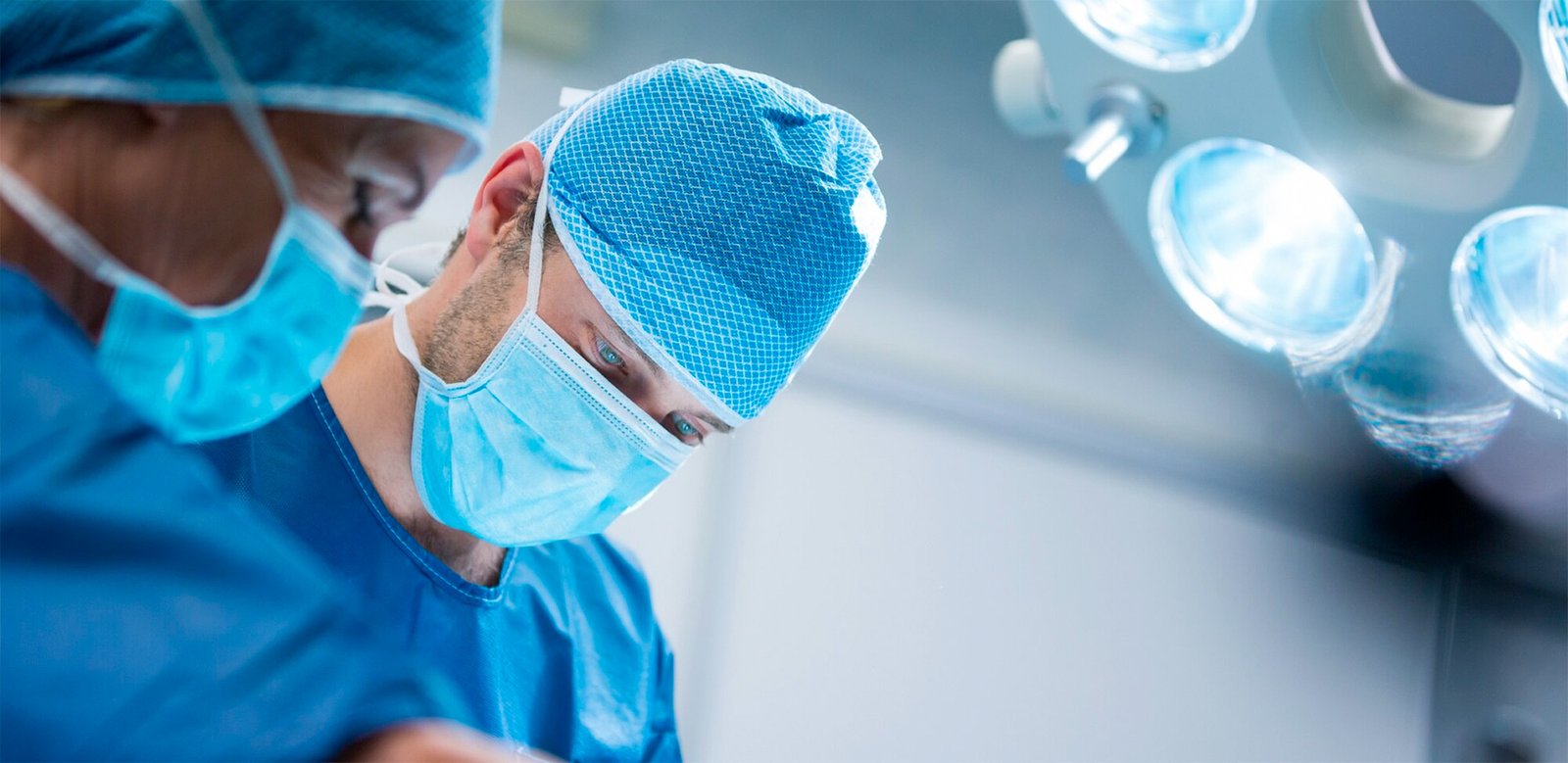Neuer Blogbeitrag für Dr. Cuno.
Hier finden Sie eine Liste der beste Möglichkeiten zur Verringerung der Schwellung nach einer Nasenkorrektur-vor allem in den ersten Wochen:
- Kältekompressen (erste 48 Stunden)
- Am besten verwenden Sie kalte Tücher, die mit kalter Kochsalzlösung aus dem Kühlschrank getränkt sind.
- Tragen Sie dies auf Ihr Wangen, nicht direkt auf der Nasejeweils 10-15 Minuten lang.
- Dies trägt dazu bei, Entzündungen und Beschwerden frühzeitig zu reduzieren.
- Schlafen Sie mit erhöhtem Kopf
- Erhöhen Sie Ihren Kopf mit 2-3 Kopfkissen oder ein Keilkissen verwenden.
- Tun Sie dies für mindestens 1-2 Wochen nach der Operation.
- Flaches Liegen kann die Durchblutung des Gesichts erhöhen und die Schwellung verschlimmern.
- Hydratisiert bleiben
- Trinken Sie reichlich Wasser-Er hilft, Giftstoffe auszuspülen und unterstützt den Heilungsprozess des Körpers.
- Vermeiden Sie salzige Lebensmittel, die Ihren Körper dazu veranlassen können Wasser zurückhalten und erhöhen die Schwellung.
- Sanfte Bewegung
- Leichtes Gehen kann die Durchblutung fördern und reduzieren Flüssigkeitsansammlungen.
- Vermeiden Sie ein paar Wochen lang alles, was anstrengend ist, aber liegen Sie nicht den ganzen Tag nur herum.

- Essen Sie entzündungshemmende Lebensmittel
- Denken Sie nach: Ananas (enthält Bromelain)Blattgemüse, Beeren, Kurkuma, Ingwer.
- Vermeiden Sie während der frühen Heilungsphase Alkohol, Koffein und übermäßig verarbeitete Lebensmittel.
- Befolgen Sie die Anweisungen Ihres Chirurgen zur Medikation
- Einige mögen empfehlen Arnika (Arnica montana) oder Bromelain-Ergänzungen (natürliche Entzündungshemmer).
- Nehmen Sie nur Medikamente oder Nahrungsergänzungsmittel ein, die von Ihrem Chirurgen genehmigt wurden.
- Vermeiden Sie Hitze und Sonneneinstrahlung
- Hitze kann dazu führen, dass sich die Blutgefäße erweitern und die Schwellung verschlimmern.
- Tragen Sie immer Sonnenschutzmittel und direkte Sonneneinstrahlung vermeidenvor allem in den ersten paar Monaten.
- Nicht die Nase schnäuzen oder sich bücken
- Beides erhöht den Druck im Gesicht und kann die Schwellung verschlimmern oder sogar Ihr Ergebnis beeinträchtigen.
- Geduldig sein
- Das endgültige Anschwellen - vor allem an der Spitze - kann dauern Monate bis zur vollständigen Klärungfür manche sogar bis zu einem Jahr.
- Es ist normal, dass sich Ihre Nase im Laufe der Heilung geringfügig verändert.




